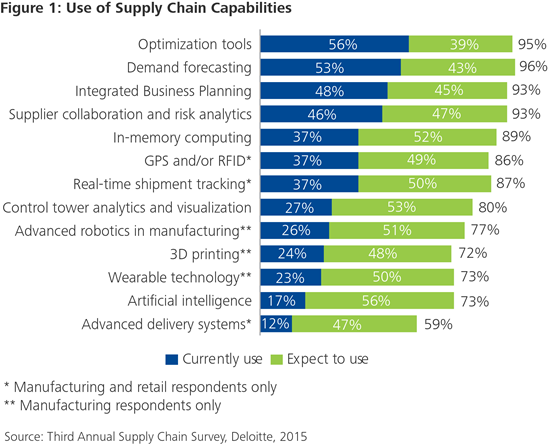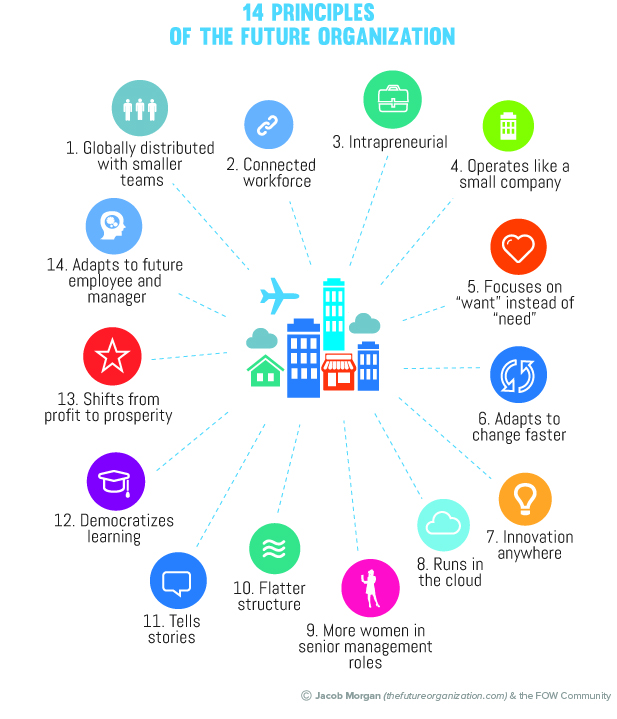
- Would 50% of all procurement professionals really choose a different career?
Once again, a certain level of job dissatisfaction within any sector is nothing new. However, the 50% number should be of concern to those occupying the executive suite both within, and external to the procurement industry. After all, it is hard to operate at maximum capacity when half your team is disenchanted and/or disengaged.
- Your Company Was Acquired. Now What?
In my transition out of my company and my move into that of a board member, their team was pleased to see how well I had adapted from being the sole decision-maker into a role that was a bit more low-key, yet still highly influential. My philosophy is the same as when I ran my business. I listen more, speak less and let the team fail or succeed on their own merits. I have trust that they have the company’s best interests in mind and will succeed.
- Nestle admits to supply chain problems
The investigation began at the tail end of 2014, according to the source. Around the same time, reports from the AP “tied brutal and largely unregulated working conditions to their shrimp, prawn and Purina-brand pet foods.”
Apparently, many of the laborers come from poorer areas such as Myanmar and Cambodia, upon arrival they are charged a fee to work and then are trapped into working off unreasonable payments, explained the AP.
http://www.strategicsourceror.com/2015/11/nestle-admits-to-supply-chain-problems.html
- 7 Traits That Define Work Productivity Superstars
5. Builds a reservoir of goodwill without asking for anything in return
Good business and good working relationships must always be seen as unconditional, meaning not motivated by an expectation of future payback. The result will be people and organizations wanting to help you, rather than feeling an obligation to contribute. - Do You Know the Rules for Ethical Supplier Interaction?
Donations for charitable organizations are less obvious because everyone just wants to help a good cause, and what does it hurt if a supplier makes a decision to support your favourite charity? Well, it depends. How much? Does the supplier expect favouritism for the donation? Will the donation unconsciously bias you toward the supplier? Will there be a perception of bias? It’s tough.
- Big Data: The Latest Rage in Supply Chain Management
We’ve found with our clients, again and again, that big data can have a measurable impact on driving greater accuracy in planning, ensuring that companies make the right amount of the right product. Advanced algorithms and machine learning can facilitate increased forecast accuracy across a company’s SKUs, which drives greater turns, less waste, less inventory, and fewer stock-outs, which leads to higher EBITDA, lower working capital, and greater competitiveness.
http://ww2.cfo.com/supply-chain/2015/11/big-data-latest-rage-supply-chain-management/
Photo: Adrianna Calvo






